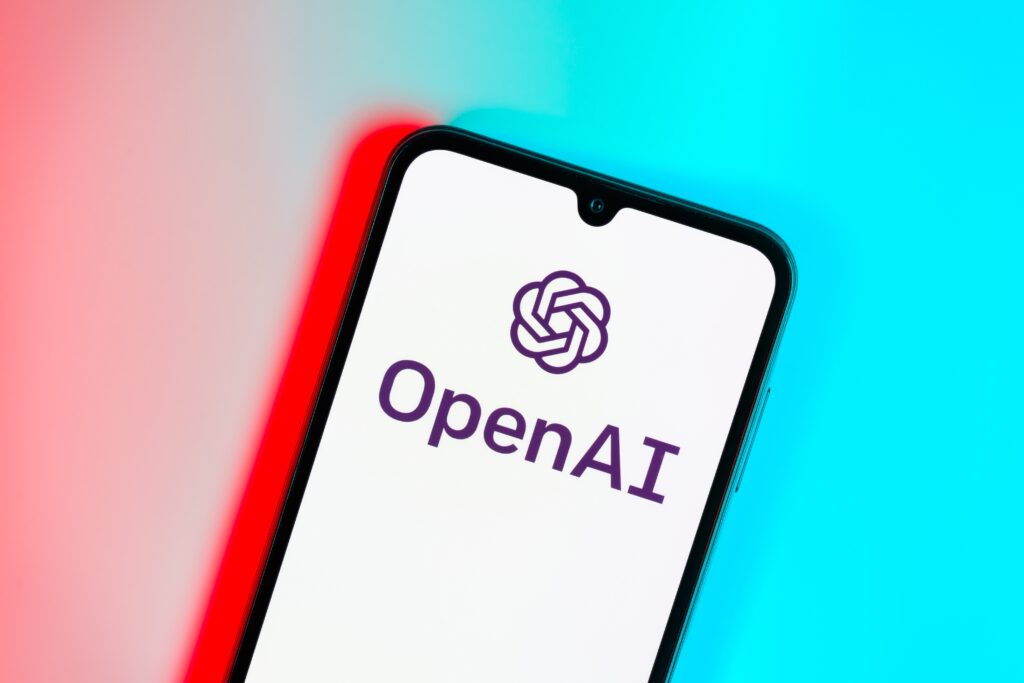OpenAI, the company behind ChatGPT, has raised concerns about competitors using its research to develop rival AI tools. These concerns stem largely from the rapid emergence of DeepSeek, a Chinese AI app that reportedly rivals ChatGPT at a lower cost. OpenAI now seeks stronger protections from the US government to safeguard its advancements.
DeepSeek’s Rise and OpenAI’s Response
DeepSeek’s capabilities have shaken OpenAI and other US tech firms, as the app seems to deliver similar performance to ChatGPT. Bloomberg reports that Microsoft, a major OpenAI investor, is investigating possible unauthorized data use by DeepSeek.
David Sacks, the White House’s newly appointed AI and crypto advisor, expressed support for OpenAI’s concerns. Speaking on Fox News, Sacks suggested that DeepSeek might be using knowledge distillation—a process where models learn from the outputs of more advanced systems.
“There’s substantial evidence suggesting DeepSeek distilled knowledge from OpenAI’s models,” said Sacks. “Expect US AI companies to implement countermeasures in the coming months to slow down copycat models.”
The US has already imposed restrictions to protect its AI sector by limiting China’s access to advanced chips and investments. At a recent confirmation hearing, Howard Lutnick, Trump’s nominee for Commerce Secretary, emphasized the need for stricter measures to address technology theft.
“Our current export controls resemble a game of whack-a-mole,” Lutnick remarked, hinting at future policy adjustments.
OpenAI issued a statement confirming that Chinese companies frequently attempt to distill knowledge from US-developed AI models. They stressed the importance of working with the US government to safeguard leading technologies.
Ethical and Security Concerns
Naomi Haefner, a technology management expert from the University of St. Gallen, cast doubt on DeepSeek’s claims of developing its models cheaply. “If DeepSeek misused OpenAI’s data, their claims of low-cost training could be misleading,” she explained. Haefner suggested that verifying their cost-efficiency requires replicating DeepSeek’s training process.
Crystal van Oosterom, an AI Venture Partner at OpenOcean, acknowledged that DeepSeek leveraged publicly available research. However, she questioned how problematic this practice truly is, noting that accusations of intellectual property infringement are common in AI.
US officials are also investigating the national security risks associated with DeepSeek’s rapid development. White House Press Secretary Karoline Leavitt confirmed that the National Security Council is assessing the implications.
President Donald Trump described DeepSeek’s rise as a wake-up call for the US tech sector. This sentiment aligns with recent actions by the US navy, which has banned its personnel from using DeepSeek’s apps due to security and ethical concerns.
The navy sent an internal email warning staff against using DeepSeek because the app collects large amounts of personal data stored on Chinese servers. Data safety experts have urged users to exercise caution when engaging with DeepSeek’s services.
Meanwhile, DeepSeek reports facing cyberattacks, which have led to temporary registration restrictions. The business posted a warning on its website, highlighting disruptions caused by the malicious attacks.
